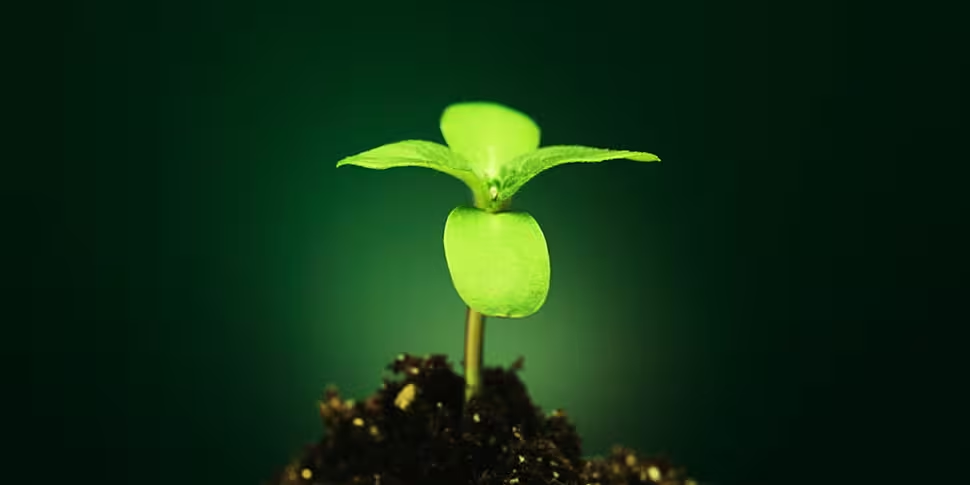A new process that allows 'human composting' is being described as a more environmentally friendly alternative to traditional burials or cremation.
Last year, Washington became the first state in the US to legalise the composting of human remains - with California now also looking into similar legislation.
A firm called Recompose is hoping to begin offering 'natural organic reduction' services to the public in Seattle by early next year.
The firm has carried out a pilot study using deceased volunteers, with BBC reporting that soft tissue broke down 'safely and completely' within 30 days.
Roger Highfield, Science Director at the Science Museum of London, spoke to the Hard Shoulder about how the process works and what its potential advantages could be.
He explained that human composting involves taking a body, putting it in a special container and adding compostable materials (straw and woodchips).
The container is then rotated for 4-7 weeks.
Mr Highfield said: "What you end up with is sort of soil with bits and pieces of straw and woodchip in at the end of the day.
"I've been assured that it smells pleasant and it looks just like compost."
He said the key to the process is to encourage the conditions that allow microbes to break down the body.
He told Ivan: "The whole point of this is that death isn't very environmentally friendly.
"Cemeteries take up a huge area; embalming the dead consumes millions of litres of chemicals every year; cremation creates lots of greenhouse emissions... so this is a sort of green, organic way of dealing with a body."
"They claim that the advantage of this is that you can really save on greenhouse emissions - I think they estimate something like a tonne of carbon is saved by this composting process."
Mr Highfield noted that it also 'accelerates the processes' that would take place in a traditional burial - and that high temperatures used in the process can deal with pathogens in the body.









